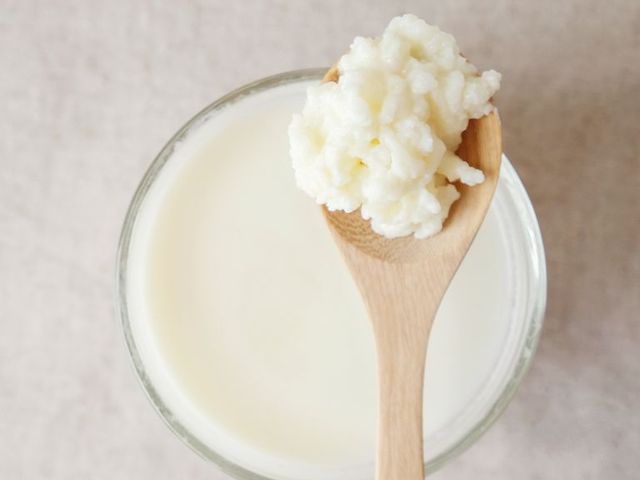In the realm of gut health and overall well-being, two terms often come up: probiotics and prebiotics. While they might sound similar, they play distinct roles in maintaining a healthy gut and fostering better digestion. In this article, we’ll dive into the world of probiotics and prebiotics, exploring their differences, importance, and how they work together to support our health.
The Microbial Universe Within Us
Our gut is home to trillions of microorganisms, collectively known as the gut microbiota. These microorganisms play a crucial role in various bodily functions, including digestion, metabolism, immune system modulation, and even mental health. Probiotics and prebiotics are key players in nurturing and maintaining a balanced gut microbiota.
Probiotics: The Beneficial Bacteria
Probiotics are live microorganisms that confer health benefits when consumed in adequate amounts. They are often referred to as “good” or “friendly” bacteria because of their ability to promote a balanced gut environment. These microorganisms can be found naturally in certain fermented foods like yogurt, kefir, sauerkraut, and kimchi.
The primary types of probiotics include Lactobacillus and Bifidobacterium. Each strain of probiotic has specific benefits, such as aiding in the digestion of lactose, supporting immune function, and even alleviating symptoms of irritable bowel syndrome.
Prebiotics: The Fuel for Microbes
While probiotics are the live microorganisms, prebiotics are the non-digestible fibers and compounds that serve as food for these beneficial microbes. Prebiotics are found in various plant-based foods such as onions, garlic, bananas, whole grains, and certain vegetables. These compounds pass through the upper gastrointestinal tract undigested and reach the colon, where they become nourishment for the gut microbiota.
In essence, prebiotics act as a fertilizer for the good bacteria in your gut, helping them thrive and multiply. They also promote the growth of beneficial bacteria over harmful ones, contributing to a more balanced and diverse gut microbiota.
The Symbiotic Relationship
Probiotics and prebiotics have a synergistic relationship that is often referred to as symbiosis. Probiotics thrive on the nutrients provided by prebiotics, while prebiotics rely on probiotics to help them break down complex carbohydrates into simpler, more easily absorbable compounds. This delicate balance ensures the overall health of the gut microbiota and, consequently, the host.
The Importance of Gut Health
Maintaining a balanced gut microbiota has far-reaching effects on our health. A healthy gut contributes to efficient digestion and nutrient absorption, supports a robust immune system, and even influences our mental health. Research has shown connections between imbalanced gut microbiota and conditions such as obesity, diabetes, autoimmune disorders, and mood disorders.

Incorporating Probiotics and Prebiotics
- Diet Diversity: A diet rich in a variety of whole foods, including fruits, vegetables, whole grains, and fermented foods, can naturally introduce both probiotics and prebiotics into your system.
- Fermented Foods: Including yogurt, kefir, kombucha, sauerkraut, and kimchi in your diet provides a direct source of probiotics.
- Prebiotic-Rich Foods: Onions, garlic, leeks, bananas, asparagus, and whole grains are excellent sources of prebiotics.
- Probiotic Vitamins: If you have specific health concerns or conditions, probiotic vitamins can be beneficial. Consult a healthcare professional before starting any vitamin regimen.
- Prebiotic vitamins: While less common, prebiotic vitamins are available to boost your prebiotic intake. As with probiotics, consult a healthcare provider before making changes to your vitamin routine.
Conclusion
Probiotics and prebiotics are essential components of a healthy gut and overall well-being. Probiotics provide live beneficial bacteria that support digestion and immune function, while prebiotics act as nourishment for these bacteria, fostering a balanced gut microbiota. Embracing a diet rich in both probiotic and prebiotic sources, along with a diverse range of whole foods, can contribute to a flourishing gut environment. Remember, a healthy gut is a cornerstone of good health, and taking care of your gut microbiota is an investment in your overall vitality.
